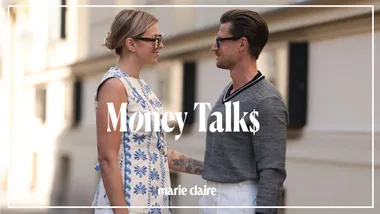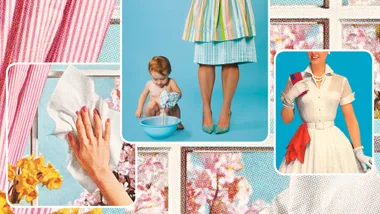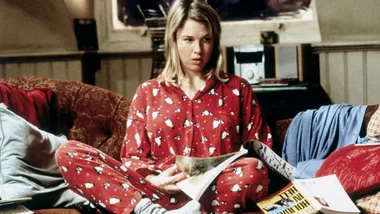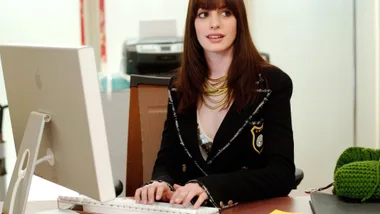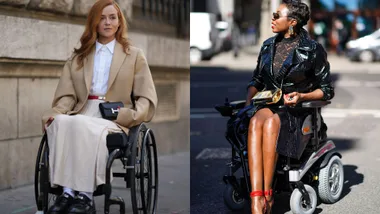I’m still a television newbie. I get nervous. I don’t know the insider lingo. I miss technical details about autocues and I always forget to go to the bathroom in advance.
But even a rookie like me knows it’s a bad sign when the senior producer appears, moments before going live to air, and says “Can I see you for a minute, off set?”
“Jamila, we think you’re great but tonight I need you to step it up,” he told me, with a mixture of warmth and frustration in his tone. “You come on the show and somehow we seem to lose you. It’s like you’re worried you’ll tread on people’s toes or that you’re talking too much. You’re not. I want you to bring it tonight.”
It was a much-needed – and much-appreciated – verbal kick up the posterior.
That women talk too much is one of the greatest lies known to feminism. Most of us, females included, operate on the presumption that it’s true: That women talk more than men, that women are the communicators. However while women may talk marginally more than men in the private sphere, the opposite is true in the public and professional spheres.
Researchers have officially debunked the myth that women talk too much and they’ve done so several times over. On average, women talk less than men in classroom discussions, in the office, in meetings, in parliaments, in courtrooms and yes, on televised political panels.
“On average, women talk less than men in classroom discussions, in the office, in meetings, in parliaments, in courtrooms”
Jamila Rizvi, Author, Not Just Lucky
Part of the problem is that there is an unconscious bias that operates in workplaces that means men are expected to participate in debate and discussion but women should sit quietly. Perhaps fetch the tea, or take the notes – or even miss out entirely and ‘cover the phones’ instead.
This bias is problematic because human beings make so many judgments about one another based on verbal behaviour. It matters.
How much an individual speaks is a key determinant of status. It’s central to how we establish an informal hierarchy within a group of people. And, if women speak less because they’re worried about how they’ll be perceived? Then we automatically get shunted to the bottom of the hierarchy. What’s that? Did someone say gender pay gap?
Women face a sexist double standard at work. If we talk with authority and take up our fair share of the conversation, we’re perceived as dominant, aggressive and pushy. However if we don’t talk enough – if we hold back like the producer told me I was doing – then we risk being underestimated, overlooked and undervalued. Think about it. Think back on all your interactions at work, have you ever held these same fears?
Unfortunately it’s not only how much women speak but also the way we speak, that’s holding us back. When I worked in with lots of women, there was a regular chorus of ‘sorry’ that echoed around the office. We were sorry for interrupting. Sorry for going on annual leave. Sorry for not chatting when we were working on something urgent. Sorry for being in the bathroom and not at our desks. Sorry for wanting a pay rise.

The issue extends beyond the word ‘sorry’ to entire phrases that undermine the substance of what a woman is saying. Have you ever started a sentence with ‘I’m not an expert, but . . .’ or ‘This is probably stupid, . . .’? How about adding a simple ‘You know?’ at the end of a thought?
These are all deliberately softening phrases that help women contribute to a conversation without appearing authoritative or confrontational. Their effect is to immediately weaken the argument we’re about to make. They make us sound less sure of ourselves. Our point is lost in a sea of explanations as to why it’s not valid.
So why do women feel this way?
Well, we still operate in workplaces that were mostly built by men and for men. While women are entering the workforce in greater numbers than ever before, there’s still something about the competitive, hierarchical way offices are structured which make us feel like outsiders. Workplaces make us feel like we’re visiting at best but more often than not, like we’re imposing.
I don’t know about you but personally, I’ve had enough of it. I am sick of feeling like I have to apologise for taking up space in the world and being criticized for being overbearing when I don’t. The workforce may have been designed to help men thrive but women are well and truly here now. We are here to stay. And you know what? It’s high time we started talking about it.
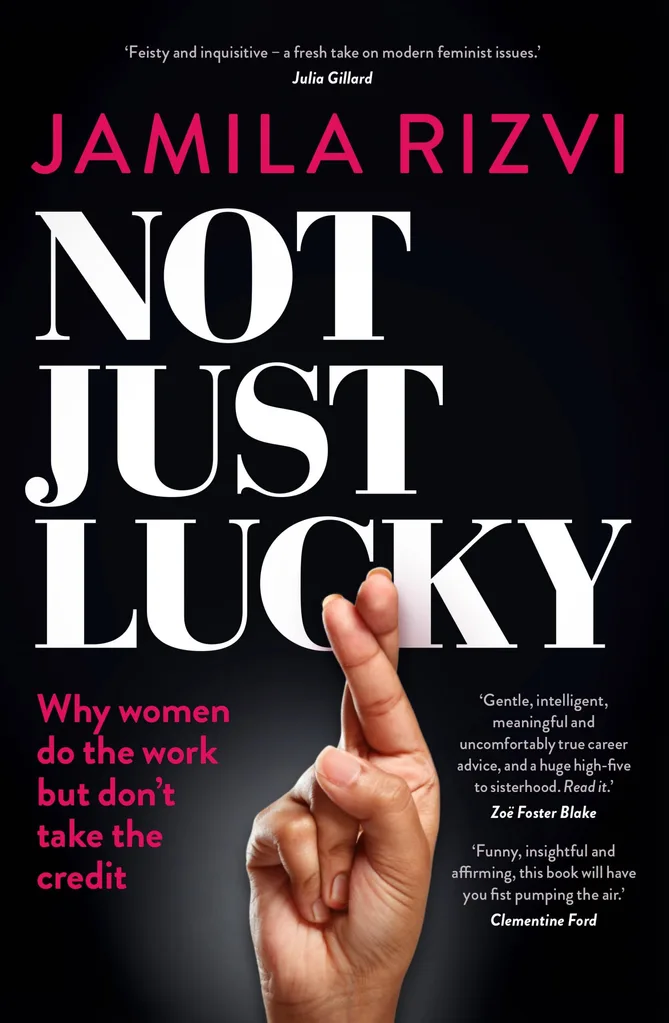
Not Just Lucky by Jamila Rizvi is published by Penguin Random House Australia and available now, RRP $35.

